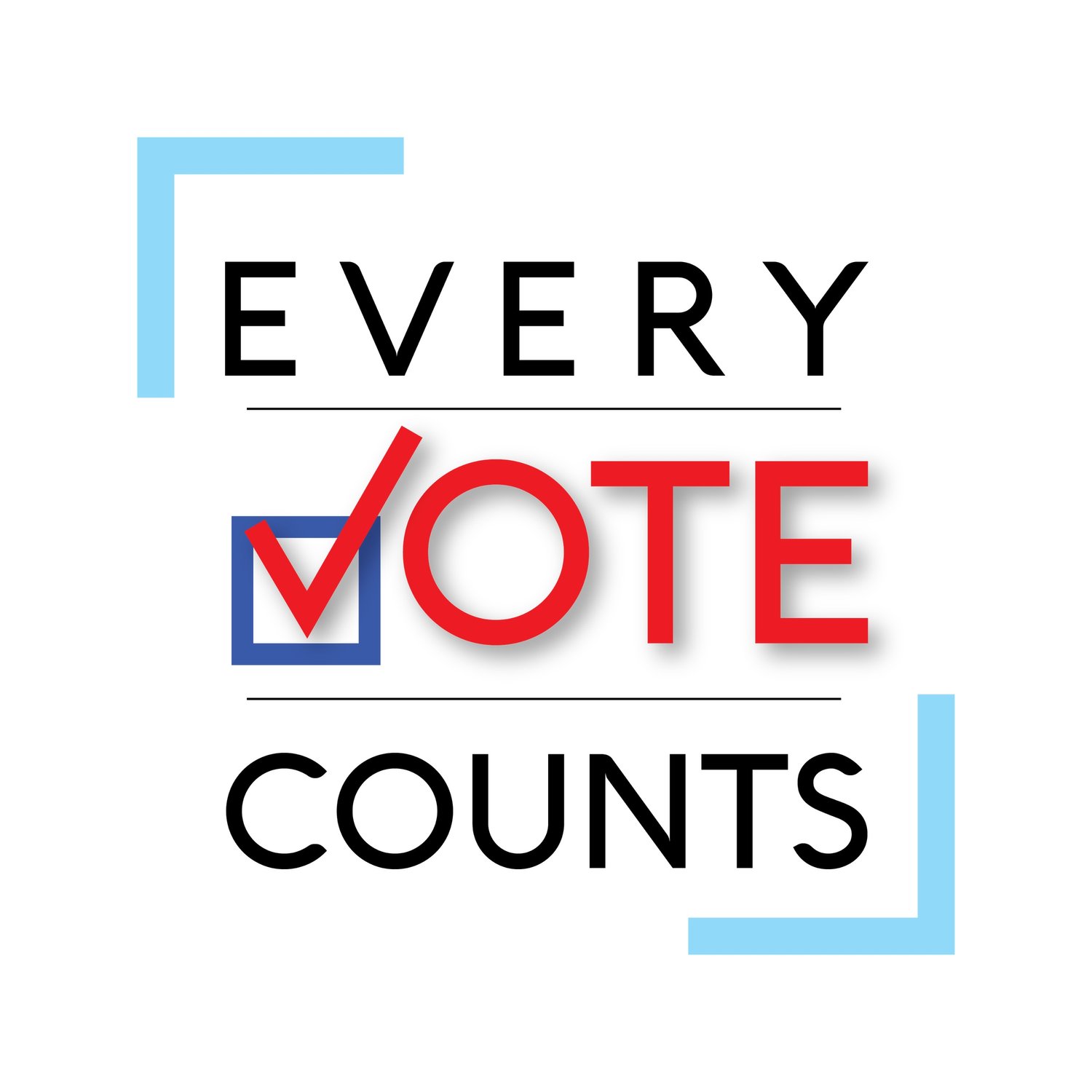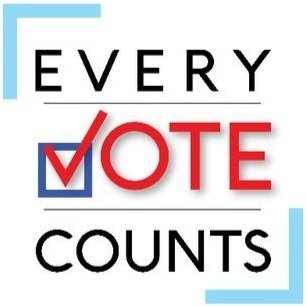The Dangerous Myth Of Voter Fraud
It is overwhelmingly evident that securing against hypothetical voter fraud is not an interest sufficiently weighty to justify the substantial, quantifiable burden imposed by restrictive voting practices, especially voter ID laws and voter roll purges. It’s time to call out restrictive voting practices for what they are: a dangerous threat to American democracy.
By Jonathan Schwartz
In commemoration of the sixth anniversary of the Supreme Court’s disastrous decision in Shelby County v. Holder, civil rights organizations and Congressional leadership organized a week of action last June to emphasize the need for new voting rights protections at the federal level and encourage Congress to pass the Voting Rights Advancement Act.
The Leadership Conference on Civil and Human Rights hosted a press conference at which members of Congress, including Speaker Pelosi and Rep. John Lewis, spoke, the House Judiciary Committee held a hearing on the state of voting rights in the U.S, and organizers put on events and rallies all across the country. These efforts are important and inspiring, but with voting rights back in the spotlight, longstanding arguments against these protections have resurfaced with equal force.
When the preclearance requirement, section 5, of the Voting Rights Act of 1965 (VRA) was gutted in Shelby County, states immediately began passing “election security” measures, such as voter ID laws and massive voter roll purges, which overwhelmingly serve to disenfranchise minority voters. To defend these discriminatory laws, their supporters consistently cite the need to protect against voter fraud and secure the integrity of American elections. At last month’s hearing entitled “Continuing Challenges to the Voting Rights Act Since Shelby County v. Holder,” Republican Congressmen and their witness, Texas Solicitor General Kyle Hawkins, did just that. In attempting to legitimize these ill-conceived claims of voter fraud, Mr. Hawkins drew from two commonly extorted examples: the 2005 Carter-Baker Commission on Federal Election Reform and a 2007 Supreme Court decision in Crawford v. Marion County Board of Elections.
Proponents of strict voter ID laws are fond of citing the Carter-Baker Commission’s recommendation to institute ID requirements as an election security measure. But what they are less eager to recall is that the Commission specifically warned against using these requirements as tools of discrimination.
The Commission’s final report clearly states “To prevent the ID requirement from being a barrier to voting…States should play an affirmative role in reaching out to non-drivers by providing more offices, including mobile ones, to register voters and provide photo IDs free of charge.” Instead of helping voters acquire the necessary ID, many states are preventing them from doing so. And while the report specifically asks states to implement “institutional safeguards” to ensure “the rights of citizens are not abused and that voters will not be disenfranchised because of an ID requirement,” states such as Texas and North Carolina are doing exactly the opposite.
Just as the purveyors of voting discrimination mischaracterize the Carter-Baker commission, so too do they misconstrue the Court’s ruling in Crawford. In Crawford, Justice Stevens held that a State’s interest in securing its elections against in-person voter fraud is “sufficiently weighty” to justify burdens on the ability to vote. Yet what was argued on assumption and inference at the time Crawford was decided is now a known fact: in-person voter fraud does not exist.
In a compilation of studies on voter fraud in the 21st century, the Brennan Center for Justice repeatedly finds that there is no evidence of widespread voter fraud in any state or in any election since 2000. A similar study by Justin Levitt, a professor at the Loyola Law School, found only 31 “credible allegation[s] that someone may have pretended to be someone else at the polls, in any way that an ID law could fix” between 2000-2014. In contrast, a new Brennan Center study finds that 17 million voters have been purged nationwide since 2016. Even worse, these purges occurred at a 40% higher rate in jurisdictions previously covered under section 5 of the VRA.
In light of these recent studies, it is overwhelmingly evident that securing against hypothetical voter fraud is not an interest sufficiently weighty to justify the substantial, quantifiable burden imposed by restrictive voting practices, especially voter ID laws and voter roll purges. It’s time to call out restrictive voting practices for what they are: a dangerous threat to American democracy.
If we truly wish to defend the integrity of American elections, let’s work to restore voting rights to all Americans, let’s make it easier for eligible citizens to cast their vote, and let’s defend against the legitimate threats to our election security. Congress must work together to pass the Voting Rights Advancement Act as an important first step in this direction – not only do the American people deserve it, our democracy depends on it.

